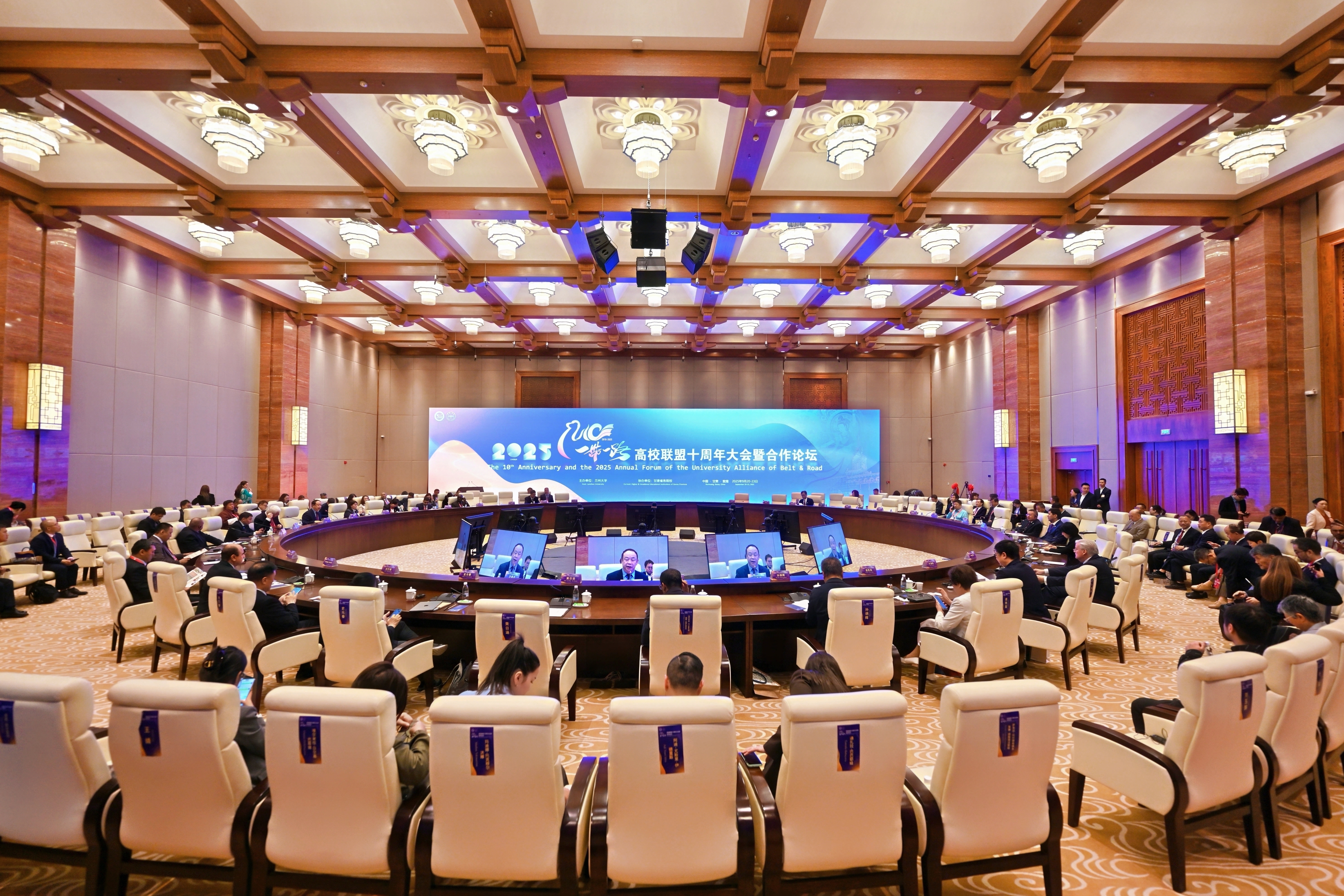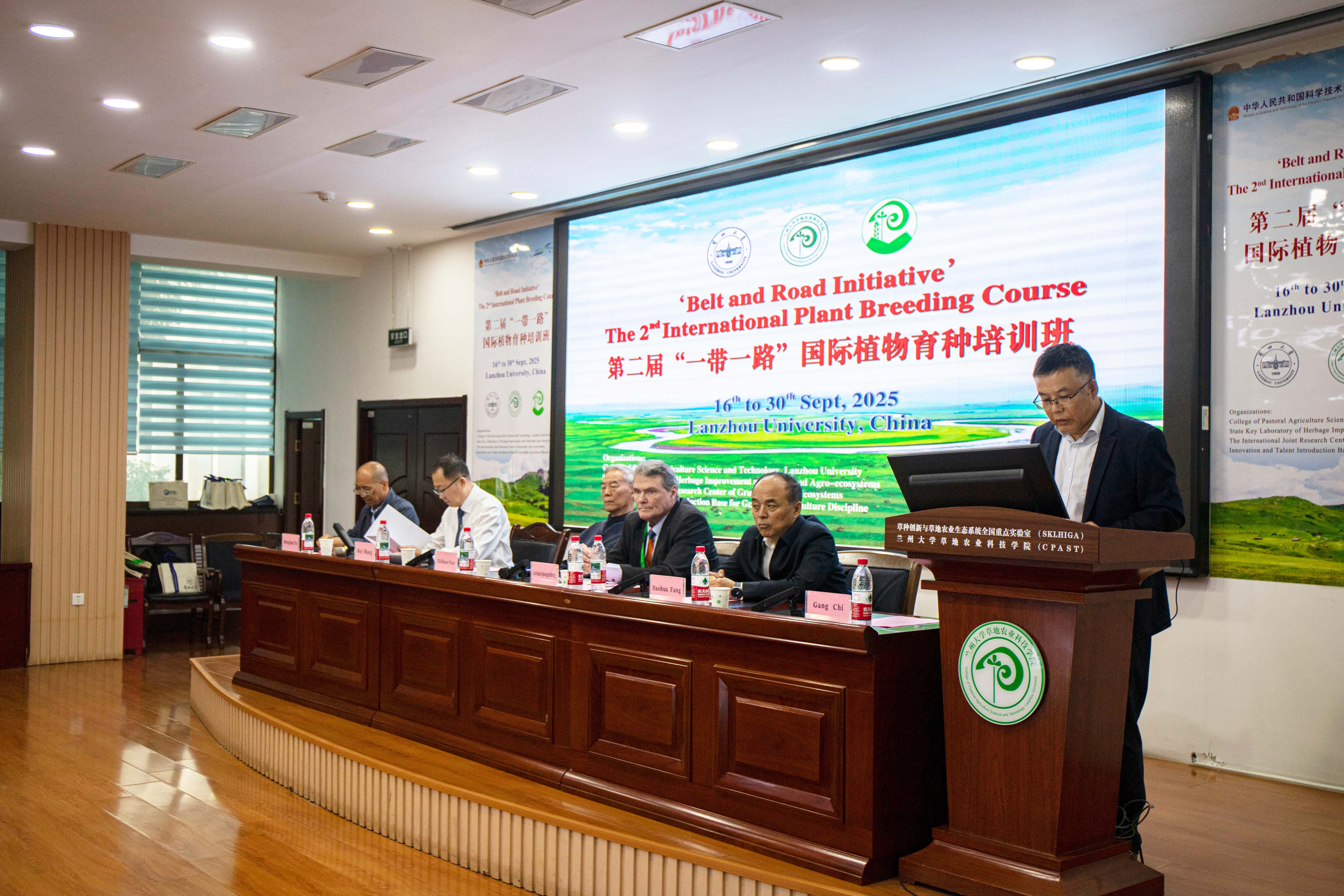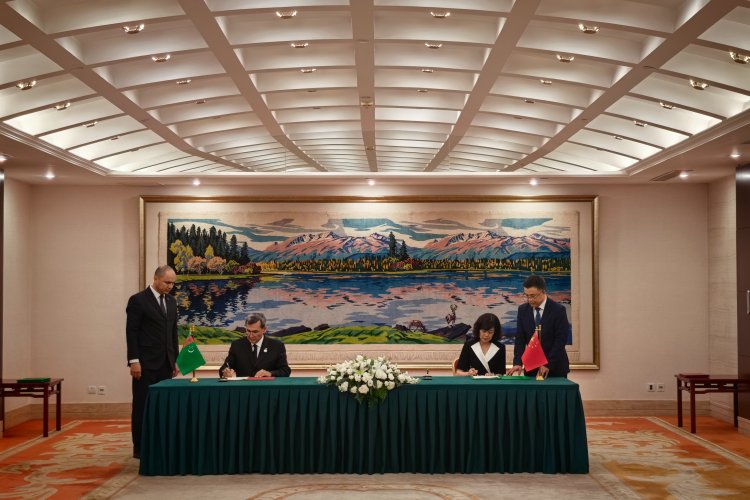Speaker: Prof. Celso Grebogi , University of Aberdeen, UK
Time: 10:00 a.m., November 24
Venue: Room 1201, Science and Engineering Building, School of Physical Science and Technology
Abstract:
From a dynamical point of view, a tipping point presents perhaps the single most significant threat to an ecological system as it can lead to abrupt species extinction on a massive scale.Climate changes leading to parameter drifts can drive various ecological systems towards a tipping point. Uncovering natural and biological mechanisms to mitigate or delay a tipping point is of considerable interest. Focusing on the tipping-point dynamics in ecological mutualistic networks of pollinators and plants constructed from empirical data, I will examine the phenomena of noise-induced collapse and noise-induced recovery aiming at understanding the interplay between transients and stochasticity in high dimensional ecological networks. I will discuss control strategies that delay the extinction and advance the recovery by controlling the decay rate of pollinators, having implications to managing high-dimensional ecological systems. I will unveil a natural mechanism by which the occurrence of tipping points can be impacted by multiplexity that broadly describes the diversity of the species abundances, the complexity of the interspecific relationships, and the topology of linkages in ecological networks. For a double-layer system of pollinators and plants, coupling between the network layers occurs when there is dispersal of pollinator species. Multiplexity emerges as the dispersing species establish their presence in the destination layer and have a simultaneous presence in both. The new mutualistic links induced by the dispersing species with the residence species have fundamental benefits to the well-being of the ecosystem in delaying the tipping point and facilitating species recovery.
Biography
Professor Celso Grebogi is the Sixth Century Chair at King’s College, University of Aberdeen, UK. He is the Founder and Director of the Institute for Complex Systems and Mathematical Biology, whose work in systems biology and complex systems became a leading in UK. He is the Co-founder of the Aberdeen-Lanzhou-Tempe Research Centre, whose work is in the new interdisciplinary field: Relativistic Quantum Chaos. He has been an External Scientific Member (Mitglied) of the Max-Planck-Society since 1998. He got his PhD in Theoretical Physics from the University of Maryland in 1978, Postdoc in Physics and Applied Mathematics at UC Berkeley in 1978-1981. He was previously with the University of Sao Paulo as Professor of Physics, and, before that, with the University of Maryland as Professor of Mathematics. He is a leading expert in chaotic and complex dynamics, including fractal geometry and complex networks. His research involves bridging the gap between abstract concepts from mathematics and applications in the scientific and social disciplines, engineering, and medicine. He has made a huge impact in the area of control of chaos. The paper on this seminal work was selected by Physical Review Letters as a milestone in the past 50 years. He was awarded the Citation Laureate - Researcher of Nobel Class - in 2016, followed by a Motion to that effect supported by the Scottish Parliament. His scientific accomplishments include over 500 publications and over 450 invited talks. He received numerous distinctions, including multiple Doctor Honoris Causa and many Honorary Professorships, the Humboldt Senior Prize, Fulbright Fellowship, and Toshiba Chair as a World-renown Scholar. He is Fellow in various scientific societies, among them the Royal Society of Edinburgh, The World Academy of Sciences, the Academia Europaea, and the Brazilian Academy of Sciences. He has 26,000 citations and h-index = 76 in the Web of Science, and 41,000 citations and h-index = 92 in Google Scholar.
Source: School of Physical Science and Technology




